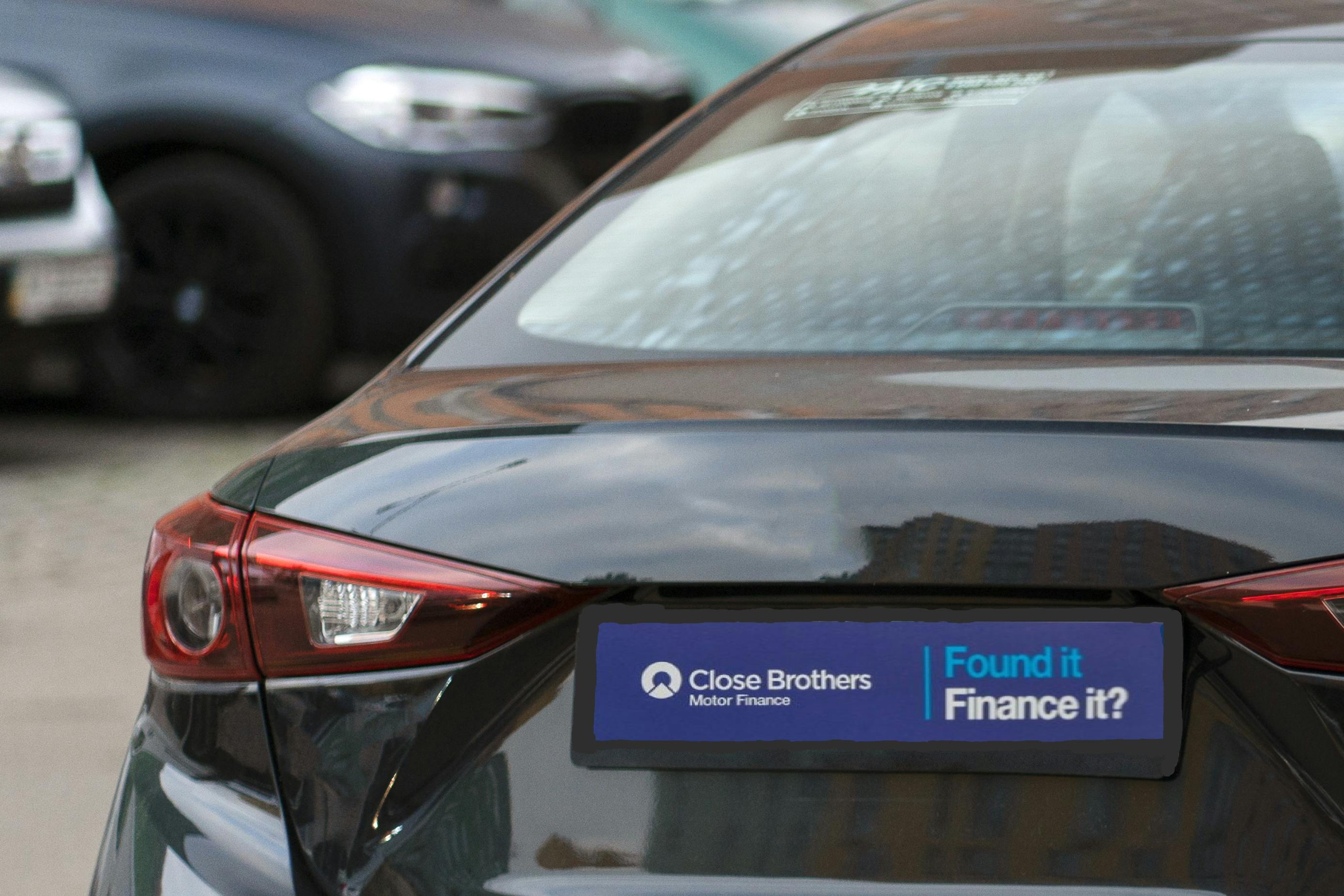Close Brothers Sets Aside £165 Million for Car Loans Commission Scandal

UK motor finance industry faces potential multi-billion-pound compensation claims
Presuming the impact of the Supreme Court’s ruling on motor finance claims, which is looming to be one of UK’s costliest consumer banking scandals, Close Brothers (CBRO.L), announced it will set aside £165 million in the first half of its financial year to cover potential legal and compensation costs.
On Wednesday, the British lender expressed its proactivity in paying up to $205 million, pending a “thorough assessment” of the recent developments, however, there is still a “significant uncertainty” over the final costs.
Amidst the Close Brothers finance claims is the lender’s determination to recover. In an effort to strengthen its current financial position, Close Brothers cancelled its dividend and unveiled its financial plans to earmark £400 million to shore up its balance sheet. Hence, the bank also acknowledged that its capital ratio would be significantly affected but would still remain above regulatory requirements.
The Car Loans Commission Scandal Explained
Plunged at the centre of what is said to be the most controversial issue in Britain’s motor finance industry, are two of the UK’s largest motor finance providers – Close Brothers and Lloyds Banking Group.
Both lenders have been involved in undisclosed discretionary commission arrangements, which were then banned since 2021 due to concerns about excessive interest rates. The Financial Conduct Authority Investigation has banned this unfair practice as it has urged dealers to prioritise personal interests rather than offer customers the most cost-effective option.
Before 2021, car dealers and brokers were allowed to set their own interest rate on car loans, with commissions in the process. However, the FCA has seen a sharp rise on consumers complaining regarding expensive car finance deals, brought about by these undisclosed commissions. These arrangements have also become financially harmful to consumers.
Landmark Court Ruling
On October 2023, a case against First Rand Bank and Close Brother was decided upon, and it dubbed it illegal for lenders to pay dealers fees without telling customers. Serving as a landmark ruling, this has affected many lenders.
In fact, it has urged more compensation claims, worsening the auto-loan problems. At present, financial analysts estimate that the total industry-wide cost could run into tens of billions of pounds.
By December 2025, the FCA will make an announcement on whether further actions will be required. It is also the timeline deadline for firms to respond to non-DCA complaints. The results to this can include forcing lenders to create compensation schemes for affected borrowers.
Potential Industry-Wide Fallout
There’s a potential industry-wide fallout once the hearings and appeals have been concluded. While not sure in value, implicated lenders including Close Brothers have already expressed setting aside huge funds for potential payouts. The implications of the scandal aren’t limited to Close Brothers alone. Santander UK also laid out funds amounting to £450 million and £295 million, respectively.
In early January of 2025, Chancellor Reeves, intervened in the Supreme Court decision, raising eyebrows amongst potential claimants. This is relevant to the treasury’s stance over the potential negative ruling that could gravely affect the financial sector in general. Another hearing will take place in April, and this is a reminder for motor finance providers to remain alert.
With more consumers, submitting claims, and as the investigation continues, thousands of customers could be eligible for compensation and refund. It is also predicted that the final cost of these payouts could rival the PPI mis-selling scandal, which then has resulted in over £50 billion in payouts.
What’s Next?
Considering the huge amount Close Brothers is setting aside, the lender still insists they are “well placed to absorb the impact”. At present, the scale of how much compensation will and be required from lenders found guilty of mis-selling, is still unknown. But what can be made sure of, is the potentially historic impact of this financial reckoning.
Both the FCA’s final decision in December 2025 and the upcoming Supreme Court ruling in April will be vital in determining the full extent of liability for lenders, as well as the compensation owed to affected consumers.
